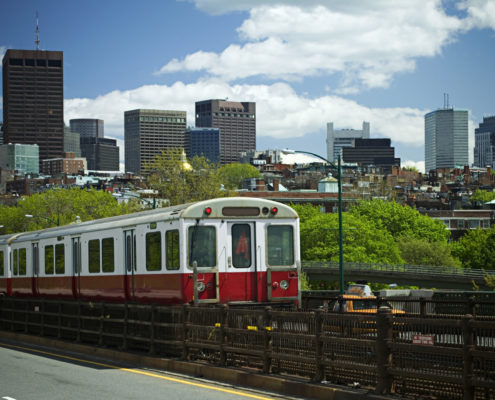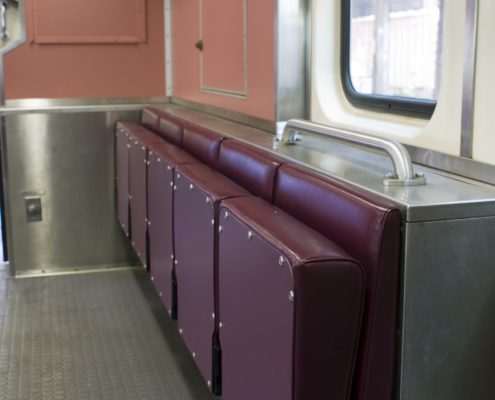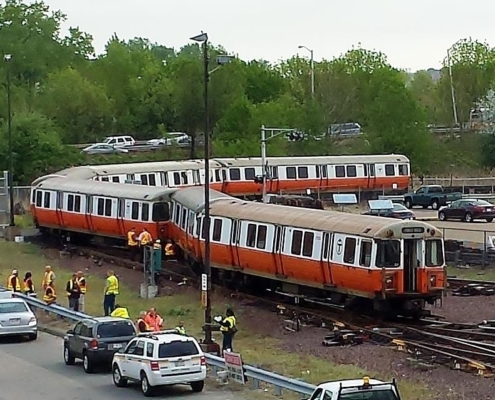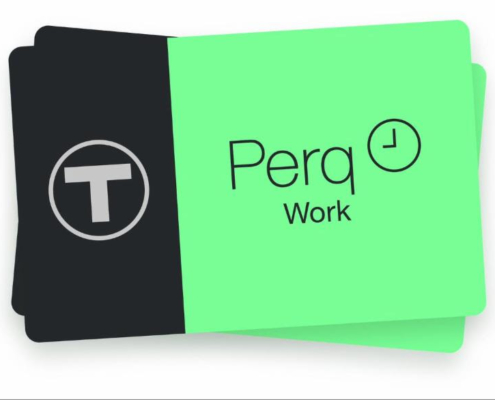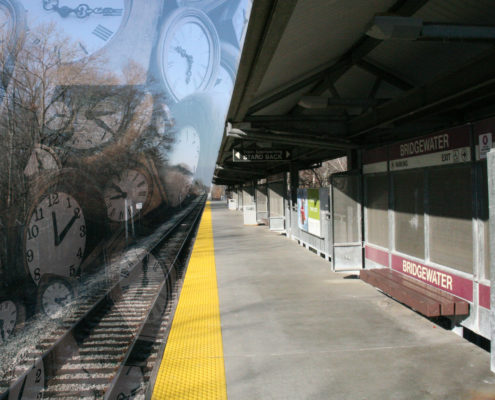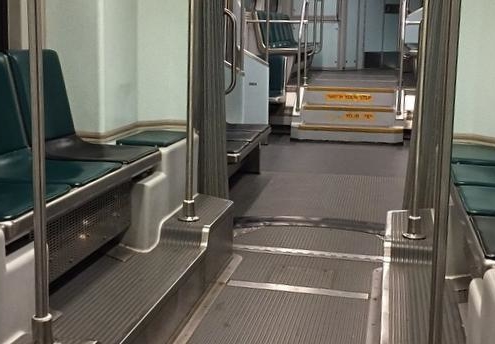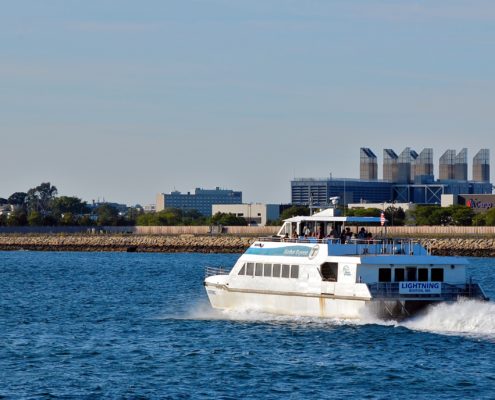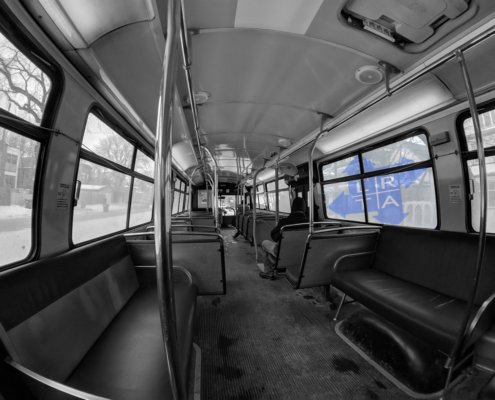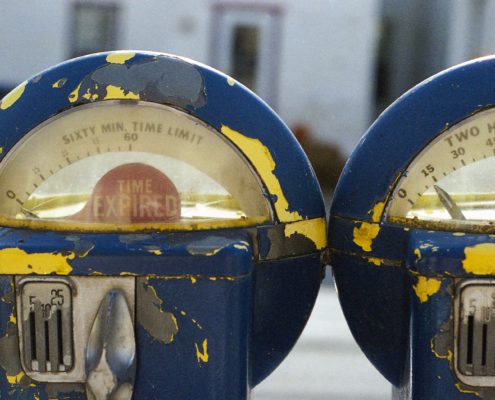Three Cheers for the MBTA’s Perq Commuter Benefits Program
Late last year, the MBTA rolled out a promotional campaign to rebrand the 45-year-old Corporate Pass Program with a new name (Perq), a new website, special fare cards and plenty of information to help employers and employees sign up for the commuter benefit program. The program allows employees to save up to 40 percent by using pre-tax dollars to pay for their commuter expenses. Pioneer Institute congratulates MBTA leadership for invigorated emphasis on this program, which provides approximately 30 percent of the T’s fare revenue.
The 2018 Pioneer Institute white paper, “Increasing MBTA Ridership and Revenues with Company Commuter Benefit Programs,” found that a 20 percent jump in employer and employee participation could increase annual revenue by $70 million. Unlike most proposals that enhance MBTA revenue, Perq is a market-based solution that does not call for a fare increase or additional taxpayer subsidies.
Spotlighting Perq and increasing mass transit use among commuters comes at a critical moment as INRIX, a transportation data firm, recently identified Boston as losing more productivity due to congestion than any of the other nine U.S. major metropolitan areas reviewed. Boston placed eighth worldwide.
The Perq Commuter Benefits Program represents a win for all parties involved:
- Transit fare costs are significantly reduced for employees.
- Public transit use may cut commuting time and provide employees with additional productive hours than if they continued to drive.
- Employers can gain tax advantages, as well as an opportunity to attract and retain employees in a full-employment job market.
- The MBTA stands to gain additional riders, revenue and more predictable cash flow.
- Massachusetts residents benefit from a cleaner environment, fewer carbon emissions and a less congested Greater Boston highway system.
“The Institute has long believed the MBTA is essential to the economic success of and quality of life in our region,” said Pioneer Executive Director Jim Stergios. “That’s why we work so hard to introduce reforms and business practices that improve the T’s level of service. But it also means our world-class business community must be a leader in efforts to increase transit use, reduce highway congestion and ensure a cleaner environment. We urge all area employers to contact the MBTA at https://perq.mbta.com and enroll in the Perq Commuter Benefits Program.”
Related Posts:


